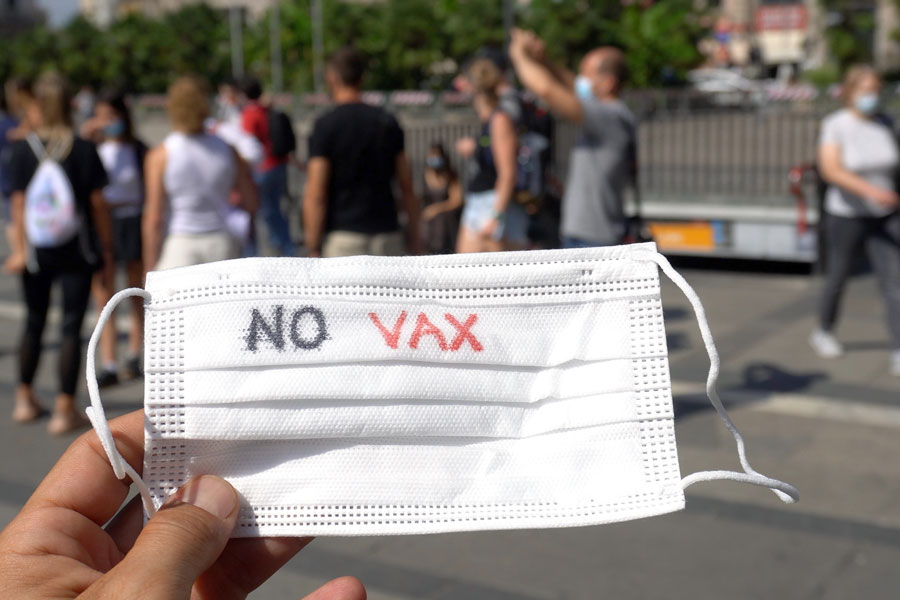
WASHINGTON, D.C. – Reports indicate that the World Health Organization (WHO) is currently tracking individuals who have not been vaccinated against the virus that causes COVID-19 by utilizing International Classification of Diseases (ICD) codes, a system created by the WHO itself.
ICD codes are a set of designations used by the healthcare industry to communicate diseases, symptoms, abnormal findings, and other elements of a patient’s diagnosis in a way that is universally accepted by those in the medical and insurance fields.
All doctors who accept any form of insurance are required to use ICD codes to notate the condition of and care received by a patient when they visit. As the healthcare industry transitioned into electronic record keeping over the years, complying with ICD codes has become both easier and more widespread. (https://myskinrecipes.com)
The WHO and the Centers for Disease Control and Prevention (CDC) have added a new entry to this system known as ICD-10 codes; within, there is a category called “ICD-10-CM,8,9” that the CDC is utilizing to track individuals who have not been inoculated against COVID-19, with specific codes for “Unvaccinated for COVID-19” and “Partially Vaccinated for COVID-19.”
Reasons for being unvaccinated are being recorded as well, reports say.
Some are questioning this practice and claiming that it is a violation of medical privacy, since not being vaccinated would not have any impact upon insurance billing or payments, and as ICD codes are only required to be used by doctors who accept insurance – private pay doctors are not beholden to the system – recording one’s vaccination status is unnecessary.
Tracking vaccination status may also violate the Privacy Act of 1974, which governs the collection, maintenance, use, and dissemination of information about individuals that is maintained in systems of records by federal agencies.
However, during the pandemic, medical rights were shown to have been repeatedly eroded; if you have an issue with this, it is suggested that you contact your Congressional representative and share your concerns.



Comments are closed.